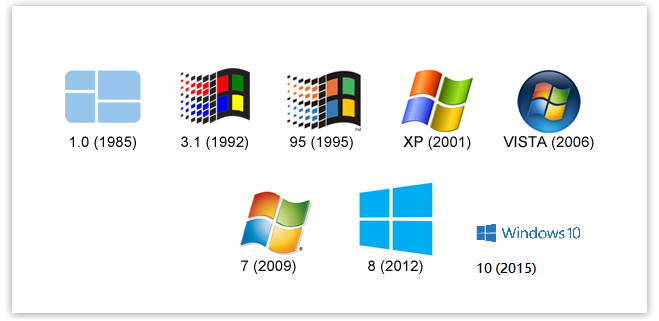去平臺(tái)化
Separating platforms from services which run on them sounds elegant. But how would one divvy up all the data the tech giants have collected? What is part of the platform and what is not? What happens if the lines between them move? Instantmessaging could be described as a feature of a social-networking platform but also a separate service. The case against Microsoft was triggered when it bundled its Windows operating system with its web browser, which were then separate pieces of software. Today, browsers are usually considered part of an operating system.
將平臺(tái)與在其上運(yùn)行的服務(wù)分開聽起來很優(yōu)雅。但如何分配這些科技巨頭收集的所有數(shù)據(jù)呢?什么是平臺(tái)的一部分,什么不是?如果它們之間的線移動(dòng)會(huì)發(fā)生什么?即時(shí)通訊可以被描述為社交網(wǎng)絡(luò)平臺(tái)的一項(xiàng)功能,但也是一項(xiàng)獨(dú)立的服務(wù)。這起針對(duì)微軟的訴訟是在微軟將其Windows操作系統(tǒng)與其網(wǎng)絡(luò)瀏覽器捆綁在一起時(shí)引發(fā)的,當(dāng)時(shí)這兩款瀏覽器是不同的軟件。今天,瀏覽器通常被認(rèn)為是操作系統(tǒng)的一部分。

Third, the fear of unintended consequences will act as a brake on break-ups. Ms Warren’s plan was in part inspired by Lina Khan, a legal scholar, who in 2017 published an influential paper entitled “Amazon’s Antitrust Paradox” and now advises the antitrust subcommittee of the House of Representatives in its investigation of Big Tech. But in a more recent paper she lists several drawbacks to heavy regulation. Quickly evolving technology can make break-ups obsolete. Because they introduce friction, they could lead to higher prices. If they are limited in what they can do, platforms may cut investment, thus slowing innovation. Although she identifies these drawbacks she says they are “not a compelling argument for inaction”.
第三,對(duì)意外后果的恐懼將成為分開的剎車。沃倫的計(jì)劃在一定程度上受到了法律學(xué)者莉娜•可汗的啟發(fā)。她在2017年發(fā)表了一篇頗具影響力的論文,題為《亞馬遜的反壟斷悖論》。但在最近的一篇論文中,她列出了嚴(yán)厲監(jiān)管的幾個(gè)弊端。快速發(fā)展的技術(shù)可能讓分裂變得過時(shí)。因?yàn)樗鼈儙砹四Σ粒赡軐?dǎo)致價(jià)格更高。如果它們的能力有限,平臺(tái)可能會(huì)削減投資,從而減緩創(chuàng)新。盡管她指出了這些缺陷,但她表示,這“不是無所作為的有力理由”。
What is more, break-ups alone will not suffice to tame big tech. Harold Feld at Public Knowledge, a left-leaning think-tank, notes the “starfish problem”. Some starfish have incredible powers of regeneration: tear them up and the pieces quickly grow into complete new creatures. Similarly, one part of a tech giant could become dominant again because of network effects. Break-ups, he argues, need to be complemented by regulation that weakens this effect, for instance with requirements that a user of one instant-messaging service can exchange texts with another.
更重要的是,單靠拆分不足以馴服大型科技公司。左傾智庫“公共知識(shí)”的哈羅德•菲爾德指出了“海星問題”。 有些海星有令人難以置信的再生能力:被撕碎后,碎片會(huì)迅速長成全新的生物。同樣,由于網(wǎng)絡(luò)效應(yīng),科技巨頭的一部分可能會(huì)再次占據(jù)主導(dǎo)地位。他認(rèn)為,分開需要輔以削弱這種影響的監(jiān)管措施,比如要求一個(gè)即時(shí)通訊服務(wù)的用戶可以與另一個(gè)用戶交換短信。
譯文由可可原創(chuàng),僅供學(xué)習(xí)交流使用,未經(jīng)許可請(qǐng)勿轉(zhuǎn)載。












